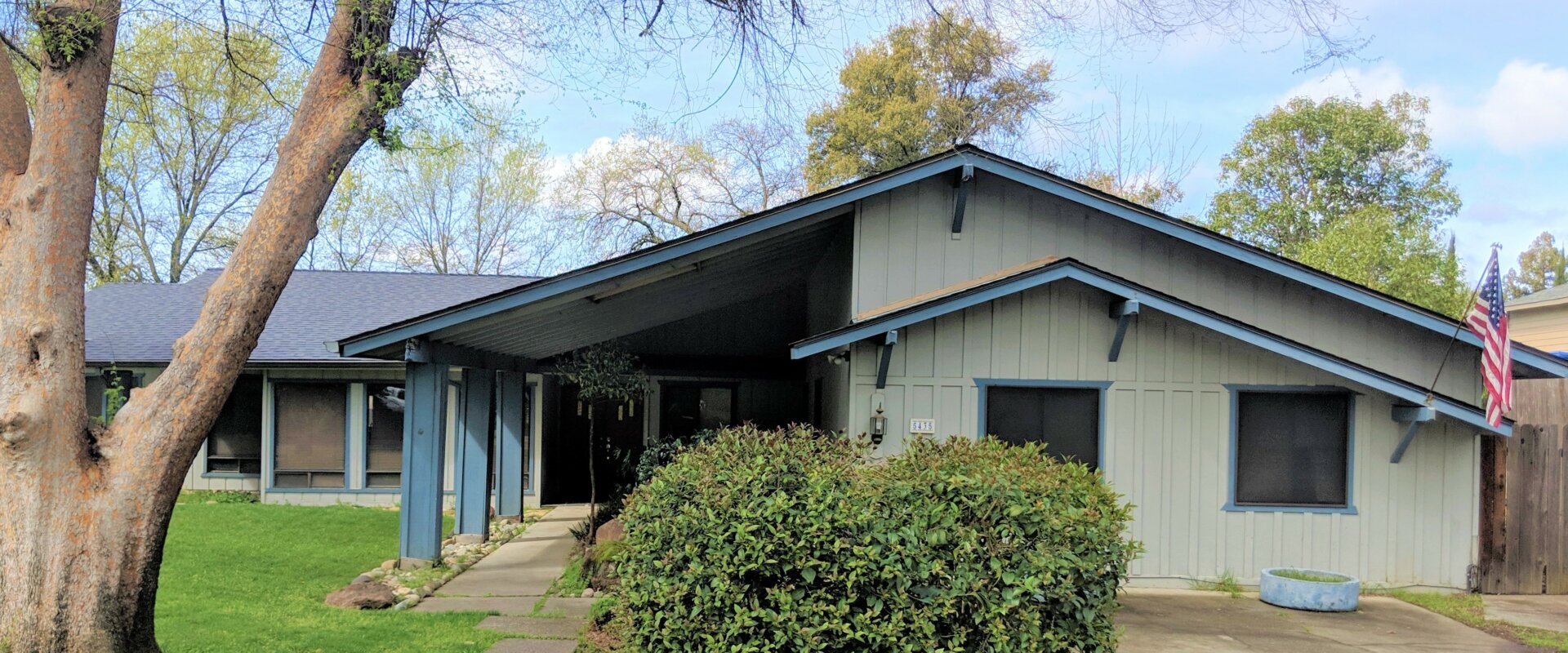Roof leaks, floods, and old plumbing can all allow moisture to infiltrate your home. And that’s not even the worst part. The aftermath of a water-related mishap can be a bigger disaster than the original catastrophe. Mold means trouble.
If you’ve discovered mold in your home and you want to sell the property, what is required of you under the law? Do you have to get the mold problem fixed first? What are your selling options? Let’s talk about what it means if your home has mold and whether you can still ethically sell it to another party.
Detecting Mold in Your Home
First things first: How certain are you that there is mold in your home? Sometimes visible signs appear that can’t be ignored. Other times, mold grows quietly in dark spaces behind walls and you won’t notice until you smell something or start having respiratory problems.
In most states, you’re not required to disclose a problem with your home that you could not reasonably have been expected to know about. A slow slab leak that showed no symptoms while you lived there, for instance. That being said: if you know you had a major ceiling leak a few years ago and you start seeing discoloration on in the same area — painting over it may not be the best idea. You could get sued for hiding a major problem. When in doubt, get an assessment so you know what you’re dealing with before you consider selling.
State Disclosure Laws: Do You Have to Tell Buyers?
As we said, most state laws understand that a home seller can’t be held accountable for something they didn’t know about. But you can be held accountable for the stuff you tried to hide. Especially if it’s material enough to change a buyer’s mind.
California has particularly stringent disclosure requirements. Among the things you have to disclose to a potential buyer are: neighborhood nuisances (a dog that barks all day), property defects (a chimney that doesn’t work), and known hazards (lead paint in the attic). As a California home seller, you are also specifically required to disclose mold. You don’t have to open up a few walls to check for mold — that would be crazy — but you do have to tell buyers about the weird black dots in the back of your guest closet. Likewise, if you had a flood and never replaced the drywall, it’s better to disclose it.
If you know you have mold, or highly suspect you do, it might seem impossible to sell your home. However, that’s not the case. Your first option is to treat the mold using a professional so the house has a clean bill of health before you list it (you may be able to handle some minor cases on your own, but it’s better to hire someone). Or, you can sell it as-is. Selling a house with mold may never yield a market-value price, but you can still find someone willing to take it on so you can move out.
Alternatives to MLS for Homes with Mold
If you definitely have a mold problem and you definitely don’t have the money to fix it — you may want to avoid working with a regular real estate agent. They may not want to tackle the challenge because they know they need to find a very specific buyer and they won’t get their regular commission due to a lower sale price.
That leaves selling the home as the owner. Putting an ad in the paper is a risk. Working with a responsible, experienced investor is a better idea. Companies like California Family Homebuyers are used to buying homes in all sorts of conditions. We’ll be able to tackle a major problem like mold.
If you have a mold issue and you’re ready to move, give us a call. We can come out and give you appraisal right away, and the sale process is also fast. We may be able to get you the funds as quickly as 7 days. Stop stressing about selling a house with mold! Let us take it off your hands so you can move on to cleaner pastures.
You can reach California Family Homebuyers at 916-496-3737.

